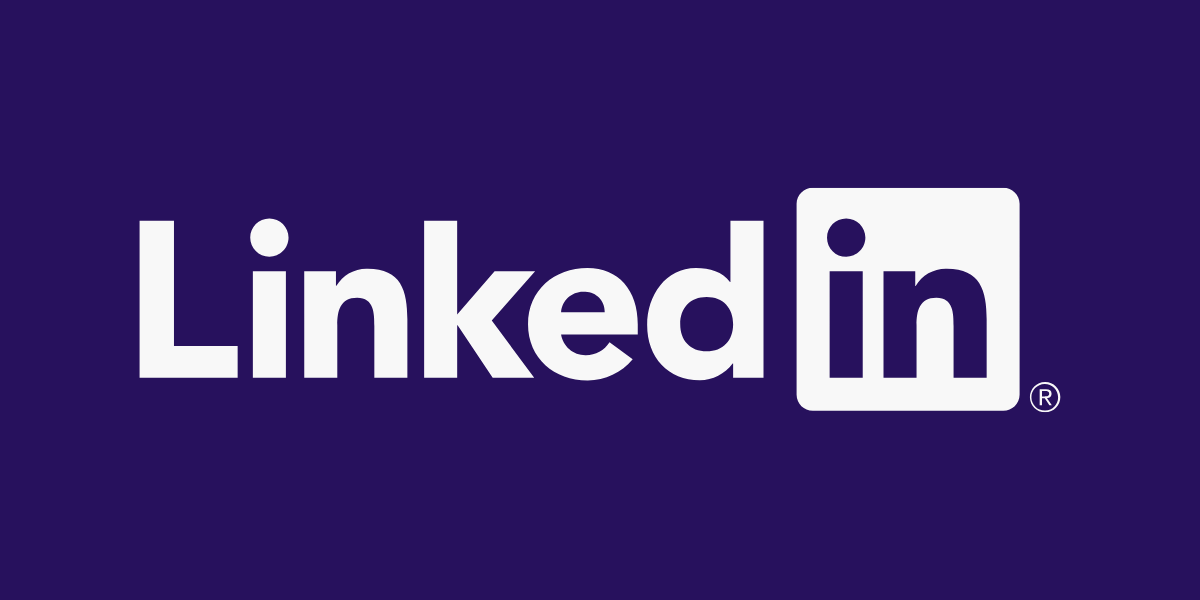Taking a break from your career is becoming increasingly common and can actually work in your favour—if explained well. According to Career Returners, 550 000 professional women in the UK are on extended career breaks for caring reasons, 420 000 of whom plan to return to work—and two-thirds (280 000) may return underqualified for their experience level.
Meanwhile, the Office for National Statistics reports 1.5 million women and 200 000 men currently on career breaks.
Despite these numbers, stigma lingers. A Financial Times expose found that even a five-year hiatus could cost over £1.4 million in lifetime earnings ft.com.
Returner programmes, often called “returnships,” are popping up more and more across different industries. They’re aimed at people who’ve taken a career break for things like family, health, travel or just needing time out.
These programmes usually offer short term, paid placements with some training and support to help people ease back into work.
Companies have started using them to tap into experienced candidates who might not come through traditional hiring routes. It shows that more employers are starting to see career gaps differently, and realising those breaks don’t mean someone has lost their value.
Why This Matters
- Addressing the career break penalty could boost the UK economy by £1.7 billion annually, with women alone gaining £1.1 billion in extra earnings.
- A recent Career Returners report highlights how recruitment bias (e.g., CV systems rejecting gaps over six months) continues to block re-entry for thousands.
These numbers reflect real talent being underused in the job market. But the good news is that a career gap doesn’t have to hold you back. In fact, with the right approach, you can turn it into something that adds value to your story and shows your personal growth. Here’s how to do that: - Be candid and concise
Don’t try to hide your gap or over-explain it. Keep it simple and honest. Clearly outline when you took time out and what you were doing during that period. Whether you were caring for a relative, raising children, travelling, volunteering or just taking time to figure things out, own it. Most employers won’t be put off by the break itself—they’re more interested in how you talk about it. - Highlight what you learned
Think about the skills or experience you gained, even if it didn’t come from a formal job. Maybe you improved your communication or organisation while caring for someone. Perhaps you did a short course, picked up a new language or kept up with changes in your industry. These things count. They show initiative, curiosity and a willingness to keep learning, even when you weren’t in a paid role. - Address challenges head on
If your break involved something more difficult—like dealing with illness, burnout, or redundancy—it’s okay to mention that too. You don’t need to go into personal details, but a brief explanation along with what you’ve done to move forward (like retraining, seeking support, or slowly re‑building confidence) shows resilience. Most employers will respect your honesty and the effort you’ve made to get back on track. - Express your readiness
Make it clear that you’re not just dipping a toe back in—you’re ready to work. Talk about what you’re looking for now and why you’re excited to return. This helps shift the focus from the gap itself to the future and shows that you’ve thought seriously about your next step. Employers want people who are motivated and focused, and if that’s you, don’t be afraid to say it.
Being upfront and proactive transforms career breaks from perceived weaknesses into indicators of maturity and self-awareness.
A Winning Example
Consider Sharon, who paused her career to care for an elderly parent. Rather than leave it blank, she reframed her time by:
- Coordinating healthcare and finances
- Volunteering with a local support charity
- Completing a short project-management certification
By owning her experience and presenting transferable skills, she removed stigma and demonstrated leadership, empathy, and organisational ability—qualities her next employer valued.
Why Employers Are Embracing Returners
Employers are starting to shift how they view career breaks. Instead of seeing them as a problem, more businesses are beginning to recognise the value returners can bring.
Returnship programmes are a key part of this change. These short-term roles give people a chance to get back into work with support, training and mentoring. They help returners rebuild confidence while giving employers access to skilled candidates they might have missed through traditional hiring.
Many returners have years of experience and strong skills. During their break, they often pick up even more—things like resilience, time management or people skills. Some take courses, volunteer, or freelance. Just because someone stepped away from a formal job doesn’t mean they stopped growing.
Employers are also under pressure to build more diverse and inclusive teams. Returners bring fresh thinking, life experience and a different perspective. They’re often highly motivated and ready to commit, which makes them a great asset in any business.
In short, hiring a returner isn’t about taking a chance—it’s about recognising potential that others might have overlooked.
Final Thoughts
If you’ve taken time out of your career, you’re not alone—and it doesn’t need to be something you shy away from. What matters is how you talk about it and what you’ve done since. Being clear, honest and confident about your experience can make all the difference.
If you’re looking for more tips on returning to work, improving your CV or preparing for interviews, head over to our candidate page for straightforward advice and support.




